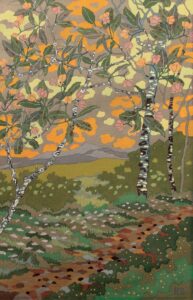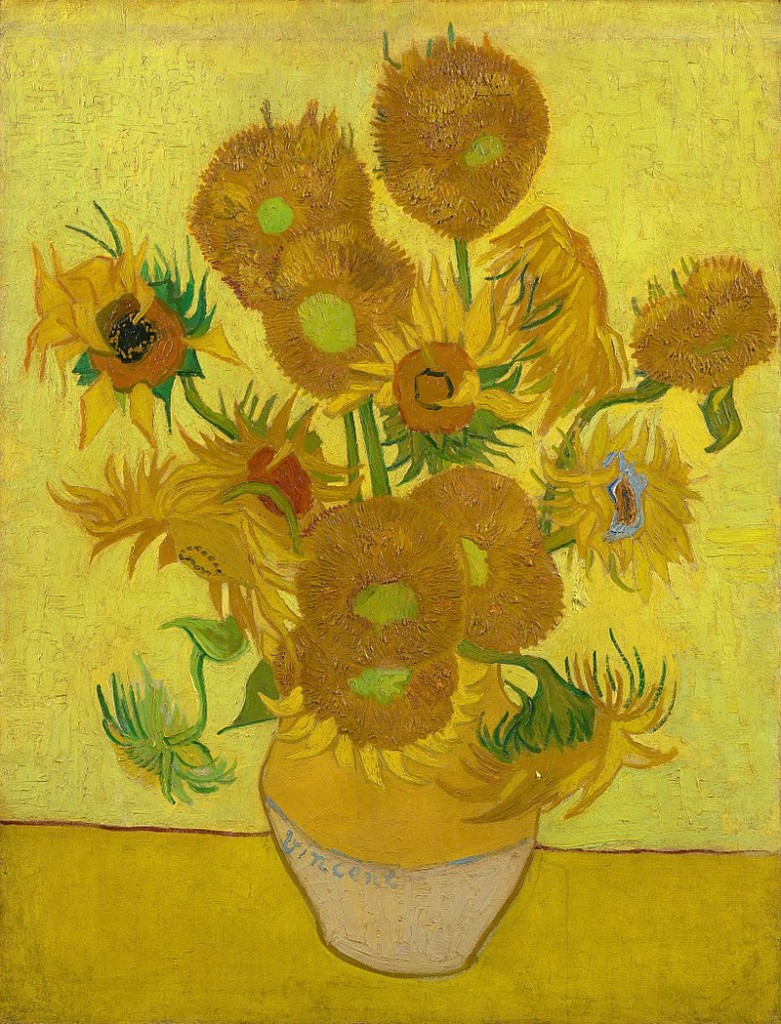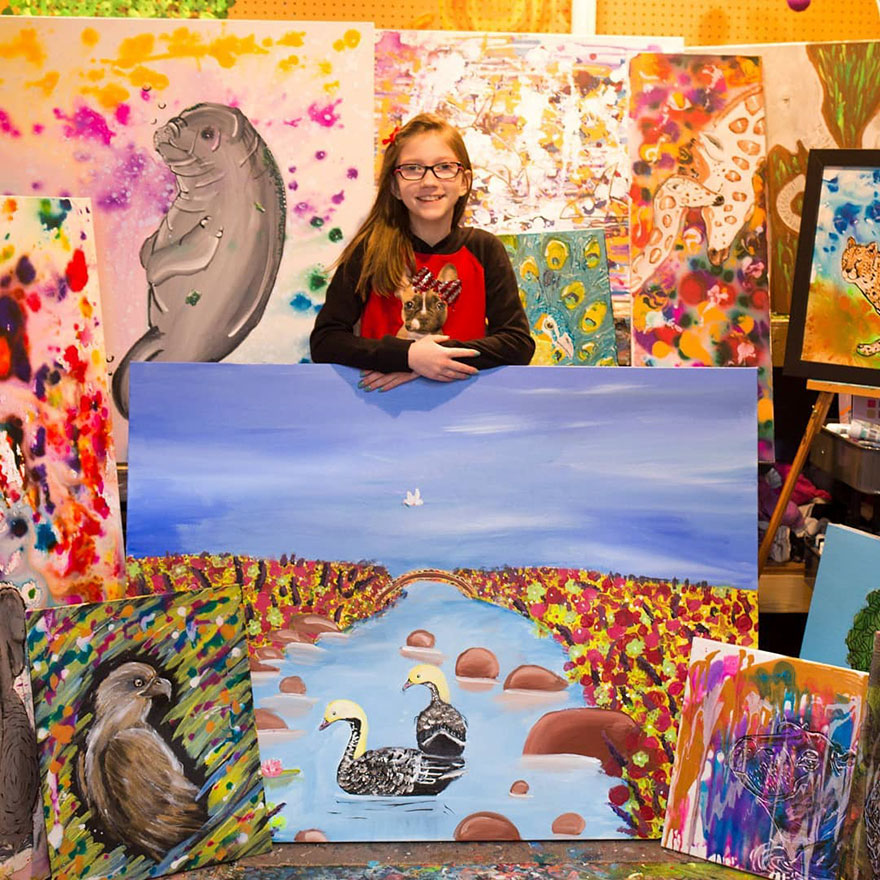“There is no nation without ornamentation, just as there is no nation without language” – Nikolay Raynov
Nikolay Raynov was born in the village of Kesarevo near Tarnovo on January 1, 1889 in the family of the prominent figure for national liberation Ivan Raynov. He is the brother of the artist Stoyan Raynov, professor of ceramics and father of the prominent sculptor Boyan Raynov, as well as of the writer Bogomil Raynov. He graduated from the State School of Art and Industry in Sofia (1919). He writes poetry, fiction, cultural works in the field of the history of fine arts, folklore, ethnography, collaborates with the periodicals, studies many cultural monuments, publishes a number of articles on art and literature. After 1972. was seconded for 2 years to Paris to get acquainted with the monuments of culture in the French capital. When he returned, he accepted a teaching position at the Academy of Arts in Sofia, where he was a professor of art history until 1950. He made extensive research on Bulgarian woodcarving and ancient Bulgarian history. During his lifetime, Nikolay Raynov had only one solo exhibition. The full celebration of its 50th anniversary in 1939 was thwarted and so the exhibition of 1922 in Plovdiv became the first and remained the only one. Throughout his life, he defined himself as a “painter-decorator” and created significant production in the field of illustration and book layout, as well as numerous decorative projects. The most personal, unique and recognizable part of his artistic work, however, remains the so-called. “stylized paintings” that he created in the 20s and 30s. Some of the decorative compositions come down to us accompanied by an explanation of the plot, but all of them reflect the multifaceted interests of Nikolay Raynov in areas such as philosophy, history of religion, ethnography, physics, botany, astrology, chemistry, etc.
“The illustration decorates a flat surface. It cannot be decorative if it wants to keep its stylish price. This protects it from many dangers, above all, preserves its artistic freedom.” – Nikolay Raynov “Of all the picturesque families, the landscape is the freest, the most diverse in terms of opportunity and the most noble for work. Through it, a person manages to find himself in the environment and feel the world around him. The landscape is a bridge between the World and the human Self.” – Nikolay Raynov “When a person finds himself in a forest, he sees various trees, flowers, grasses, hears the voices of birds, animals flicker at him. Some look at him timidly, others threateningly. Butterflies fly in front of his eyes. Lizards and snakes crawl along the paths. Fish swim in the stream. Between the smallest blades of grass there are even smaller bugs that one would not notice if one did not look closely. Such a forest is the ornamentation of every nation. There is no nation without ornamentation, just as there is no nation without language.” – Nikolay Raynov
Here is what Nikolay Raynov says briefly about himself in the Almanac “Harvest”, 1922: “I studied philosophy, but I finished decorative and graphic arts; I had decided to become a monk, and I got married; I loved people, and they hated me; my enemies are those to whom I have done only good; I am thirty years old, and I look old; I thought that reading was my calling, but I forced myself to write. I owe the greatest gratitude to the seminary, which taught me to think, to be silent, to revere, to contemplate and to look for something higher than man… I experienced a lot of trouble and poverty, for which I am glad: I began to look for support within myself and did not surrender to anyone. I went a lot across Bulgaria, all over Bulgaria, to learn the language, I was ashamed that I did not know my language, but I had to use foreign words. I also went to the East, where I keep a yellowed notebook of memories that I may someday publish. I was looking for traces of lost spiritual movements, I met dear people about whom I dare not speak, I saw things for which there is not a pen. I lived in every way. I studied a lot of things. I needed a lot of science. If I wore out my impressions, I gave them to others: this is how my books appeared one by one. In many of them there is a confession: whoever knows how to read them will see me for what I am and what I have been.”
His granddaughter Diana Raynova says about him: “Where are his Indian diaries and the knowledge that the teacher Morya passed on to him now… We are yet to rediscover the personality and what Nikolay Raynov has bequeathed to us.”
Member of the Union of Bulgarian Writers (UBB). Member and Chairman of the Union of Bulgarian Artists (UBA). He was elected Academician of the Bulgarian Academy of Sciences, corresponding member of the Bulgarian Archaeological Institute. He was awarded the title of Honored Worker of Art.
He died on May 2, 1954 in Sofia.










